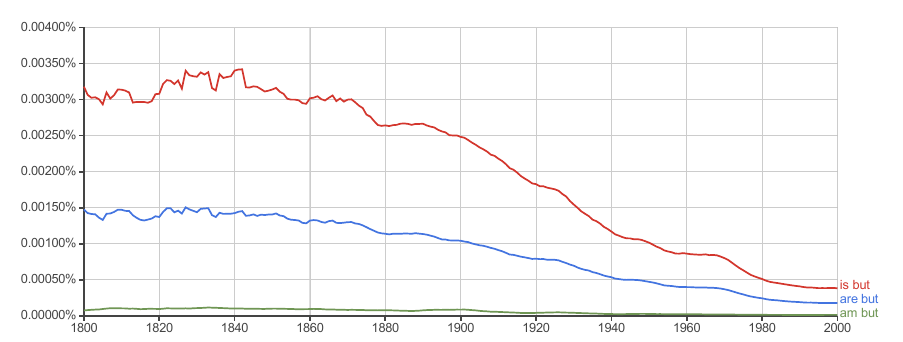This is from a dialogue in the film Gladiator (2000):
We mortals are but shadows and dust. Shadows and dust, Maximus.
Source: Gladiator (2000) movie script - Screenplays for You
Could someone please explain this sentence? Apparently, the words “dust” and “shadows” are used figuratively. Does this “but” mean “only”?

